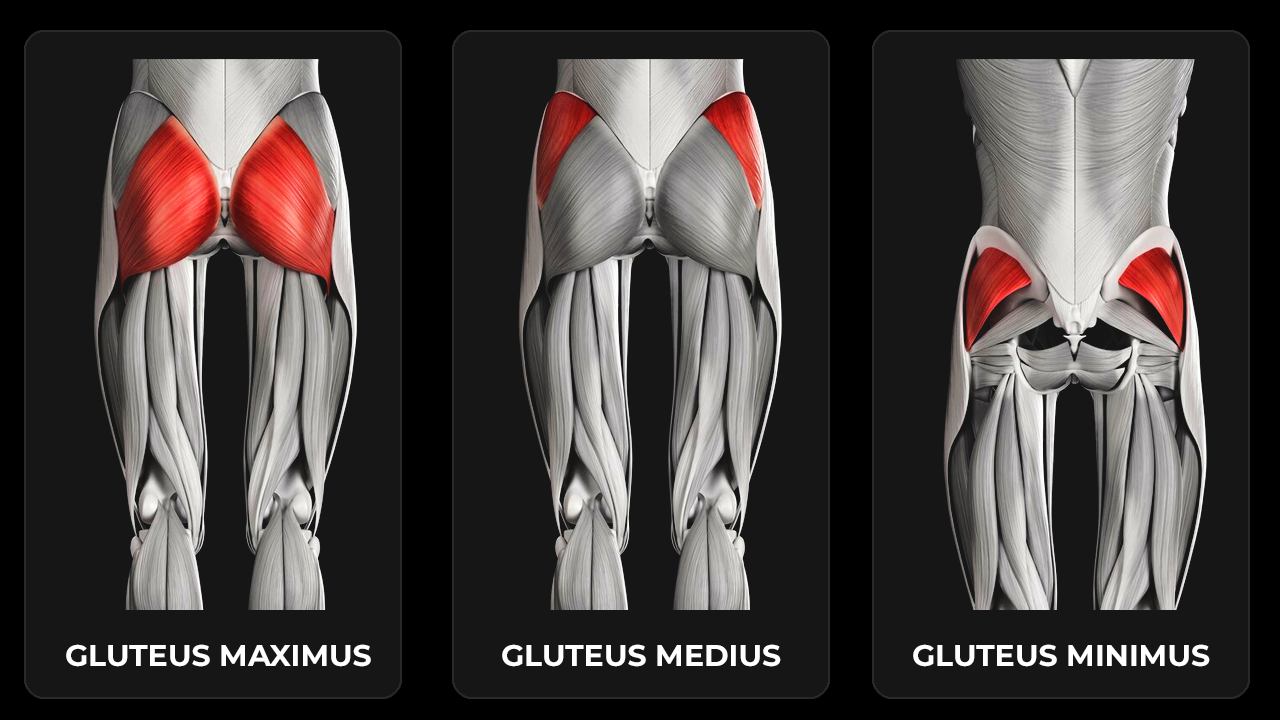Orthopedics therapy plays a pivotal role in enhancing mobility, managing pain, and improving the overall quality of life for individuals dealing with orthopedic conditions. From athletes recovering from sports injuries to elderly individuals seeking relief from joint pain, orthopedics therapy offers tailored solutions to address a variety of musculoskeletal issues.
Understanding Orthopedic Conditions
Orthopedic conditions encompass a range of ailments affecting the musculoskeletal system, including bones, joints, muscles, ligaments, and tendons. These conditions may arise from injuries, degenerative diseases, or congenital disorders. Common orthopedic issues include arthritis, fractures, tendonitis, and spinal disorders.
Importance of Orthopedics Therapy
Orthopedics therapy plays a crucial role in managing orthopedic conditions by focusing on pain relief, restoring mobility, and promoting rehabilitation. Through personalized treatment plans, orthopedic therapists aim to alleviate discomfort, improve function, and enhance the overall well-being of their patients.
Types of Orthopedics Therapy
Orthopedics therapy encompasses various modalities, each targeting specific aspects of rehabilitation:
- Physical Therapy: Involves exercises, stretches, and manual techniques to strengthen muscles, improve flexibility, and restore mobility.
- Occupational Therapy: Focuses on enhancing the ability to perform daily activities through adaptive techniques and assistive devices.
- Exercise Therapy: Utilizes targeted exercises to address specific musculoskeletal issues and improve overall fitness.
- Aquatic Therapy: Involves exercises performed in water to reduce joint stress and enhance mobility.
Orthopedics Therapy Techniques
Orthopedic therapists employ a combination of techniques to optimize patient outcomes:
- Manual Therapy: Hands-on techniques such as massage and joint mobilization to alleviate pain and improve mobility.
- Strength Training: Targeted exercises to build muscle strength and endurance, supporting joint stability and function.
- Flexibility Exercises: Stretching routines to improve range of motion and prevent muscle stiffness.
Benefits of Orthopedics Therapy
Orthopedics therapy offers numerous benefits, including:
- Improved Quality of Life: By reducing pain and enhancing mobility, orthopedic therapy enables individuals to engage in daily activities with greater ease and comfort.
- Faster Recovery: Through targeted interventions, orthopedic therapy accelerates the healing process, allowing patients to return to their normal routines sooner.
- Prevention of Further Injuries: By addressing underlying musculoskeletal imbalances, orthopedic therapy helps prevent future injuries and complications.
Who Can Benefit from Orthopedics Therapy?
Orthopedic therapy is beneficial for individuals across various demographics:
- Athletes: Orthopedic therapy aids athletes in recovering from sports injuries and improving performance through targeted rehabilitation programs.
- Elderly Individuals: Orthopedic therapy helps older adults manage joint pain, regain mobility, and maintain independence in daily activities.
- Individuals with Chronic Conditions: Orthopedic therapy offers relief for individuals dealing with chronic conditions such as arthritis, osteoporosis, and fibromyalgia.
The Role of Orthopedics Therapy in Surgery Recovery
Orthopedic therapy is instrumental in facilitating post-surgery recovery by:
- Reducing Pain and Inflammation: Through specialized techniques, orthopedic therapists help manage post-operative pain and swelling.
- Restoring Function: Orthopedic therapy aims to regain strength, mobility, and range of motion following surgical procedures.
- Preventing Complications: By promoting early mobilization and rehabilitation, orthopedic therapy reduces the risk of post-surgical complications.
How to Prepare for Orthopedics Therapy?
Preparing for orthopedic therapy involves:
- Consultation with a Therapist: Schedule an initial assessment with a qualified orthopedic therapist to discuss your goals and concerns.
- Setting Realistic Goals: Collaborate with your therapist to establish achievable objectives based on your individual needs and capabilities.
- Understanding the Therapy Process: Familiarize yourself with the various techniques and modalities involved in orthopedic therapy to ensure a successful rehabilitation journey.
What to Expect During Orthopedics Therapy Sessions?
Orthopedic therapy sessions typically involve a combination of exercises, manual techniques, and therapeutic modalities tailored to your specific condition and goals. Your therapist will guide you through each session, monitoring your progress and adjusting the treatment plan as needed.
Orthopedics Therapy and Lifestyle Changes
In addition to therapy sessions, making certain lifestyle changes can complement the rehabilitation process:
- Posture Improvement: Adopting proper posture habits can alleviate strain on your joints and muscles, reducing the risk of injury.
- Ergonomic Adjustments: Modify your work environment and daily activities to minimize repetitive stress and strain on your musculoskeletal system.
- Activity Modification: Engage in activities that promote strength, flexibility, and overall well-being while avoiding movements that exacerbate your condition.
Finding the Right Orthopedics Therapy Provider
When seeking orthopedic therapy services, consider the following factors:
- Qualifications and Certifications: Choose a therapist who is licensed, experienced, and specialized in orthopedic rehabilitation.
- Patient Reviews and Recommendations: Seek referrals from healthcare professionals or trusted sources to ensure quality care and positive outcomes.
Conclusion
Orthopedics therapy offers personalized solutions to address a wide range of musculoskeletal issues, from acute injuries to chronic conditions. By focusing on pain management, mobility enhancement, and rehabilitation, orthopedic therapy empowers individuals to regain function, improve quality of life, and achieve optimal well-being.



